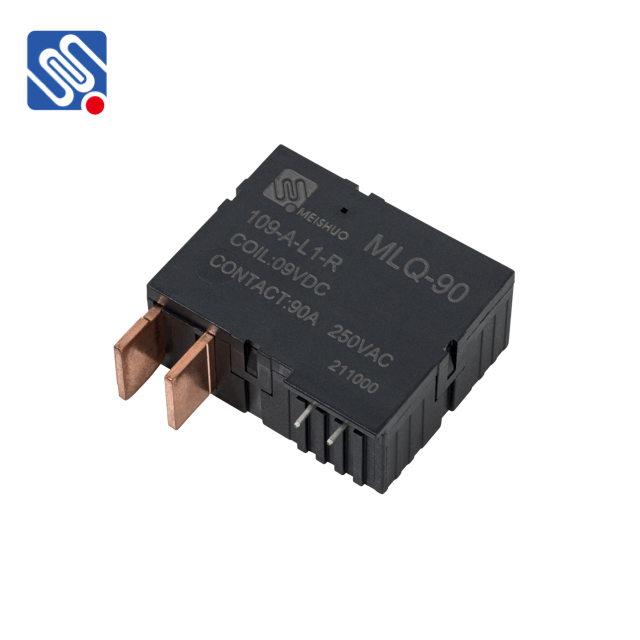

Relay reliability is a cornerstone in the design and implementation of modern communication systems, ensuring that data is transmitted effectively and without interruption. With the increasing demand for high-speed internet, real-time communications, and seamless data exchange, relay systems are becoming more complex and critical. One of the key players in this field is Meishuo, a company that has made significant contributions to enhancing relay reliability in communication networks.

At its core, relay reliability refers to the ability of a relay system to successfully forward data from one point to another with minimal delay and error. In networked communications, relays act as intermediaries, amplifying and forwarding signals between two endpoints, especially when direct communication is not possible due to distance, interference, or other obstacles. Reliable relays are essential for maintaining high-quality connections in wireless communication, satellite networks, and even internet-based services such as VoIP or video streaming.
Reliability in this context goes beyond just delivering messages. It involves ensuring that the relay system can handle unexpected disruptions, such as signal degradation, interference, or equipment malfunctions. It must also be able to recover quickly from failures and adapt to changing network conditions without compromising the overall performance.